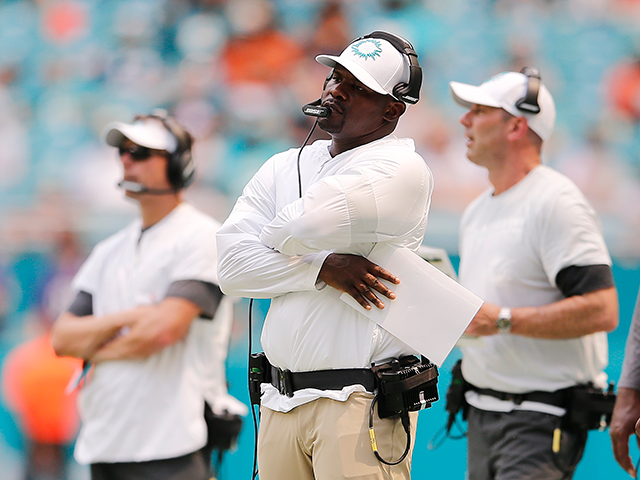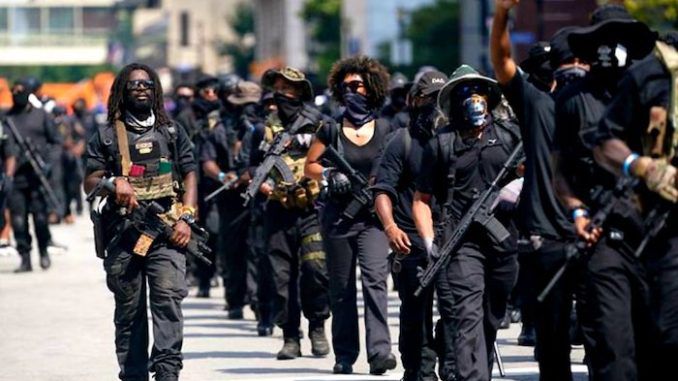Internationally brokered talks between Syria’s government and opposition groups due to start on Jan. 25 may be delayed, but major powers must keep up the pressure to bring participants to the table, the United Nations envoy said on Wednesday.
A Syrian opposition council backed by Saudi Arabia said on Wednesday it will not attend the negotiations in Geneva with the government if a third group takes part, a reference to a Russian bid to widen the opposition team.
U.N. Special Envoy Staffan de Mistura spoke in an interview with broadcaster CNN, hours after U.S. Secretary of State John Kerry and Russian Foreign Minister Sergei Lavrov held talks in Zurich despite no sign of agreement on who should represent the opposition.
“We have no intentions to postpone the talks from January to February. This is both the position of Russia and the United States, and we are confident that in the next days, in January, such talks must start,” Lavrov said.
“…This will be just the start, because of course it will take a lot of time, a whole range of arduous tasks are to be resolved.”
Various dates were being mooted, but the final decision was for the U.N. Secretary General on the advice of de Mistura, he said.
De Mistura, asked if he was able to send the invitations to the talks, told CNN in the Swiss resort of Davos: “I can’t tell you today, I will tell you on the 24th, one day before.”
It was important that it be “a serious talk about peace and not talks about talks”, he said. “I believe we can start the talks, perhaps not on the 25th, but we need to maintain the pressure, we need to maintain the momentum.”
Kerry’s spokesman, John Kirby, said Kerry and Lavrov discussed “the importance of maintaining progress toward a diplomatic solution to the crisis in Syria.”
“There’s been no change in our desire to see this meeting happen on the 25th,” he said.
A delay of one or two days in the start of the talks not be the end of the world, a U.S. State Department spokesman said later on Wednesday in Washington.
Kirby said Kerry also pressed Russia to use its influence with Syrian President Bashar al-Assad to ensure unimpeded humanitarian access, especially to Syrians in besieged areas such as Madaya where people are reported to have died from starvation.
De Mistura said he believed Russia, which has been carrying out air strikes on rebels in Syria for months, “has a great vested interest in not getting involved for too long”
The United States was also “heavily involved politically” in seeking an end to the nearly five-year-old war, while Iran and Saudi Arabia had assured him they would work to end the Syrian conflict, despite their diplomatic row.
“They too probably realise that the time has come for at least trying to find a political solution which will be a compromise,” de Mistura said.
NO AGREEMENT OVER OPPOSITION
The United Nations said on Monday it would not issue invitations to the talks until major powers promoting the negotiations, which include the United States and Russia, agree which rebel representatives should attend.
Russia and Iran, which support Assad, have rejected attempts by Saudi Arabia, which like the United States and European powers opposes Assad, to organize the Syrian opposition and delegation for the talks.
Iran’s foreign minister said on Wednesday it was up to the U.N. to decide who represents the opposition, but he said that 10 delegates at a recent opposition gathering in Saudi Arabia were members of al Qaeda – one of three groups he said must be barred.
By Reuters
Source Article from http://theiranproject.com/blog/2016/01/21/u-n-envoy-says-syria-peace-talks-may-be-delayed-pressure-needed/
Related posts:
Views: 0
 RSS Feed
RSS Feed

















 January 21st, 2016
January 21st, 2016  Awake Goy
Awake Goy 


 Posted in
Posted in  Tags:
Tags: 
















